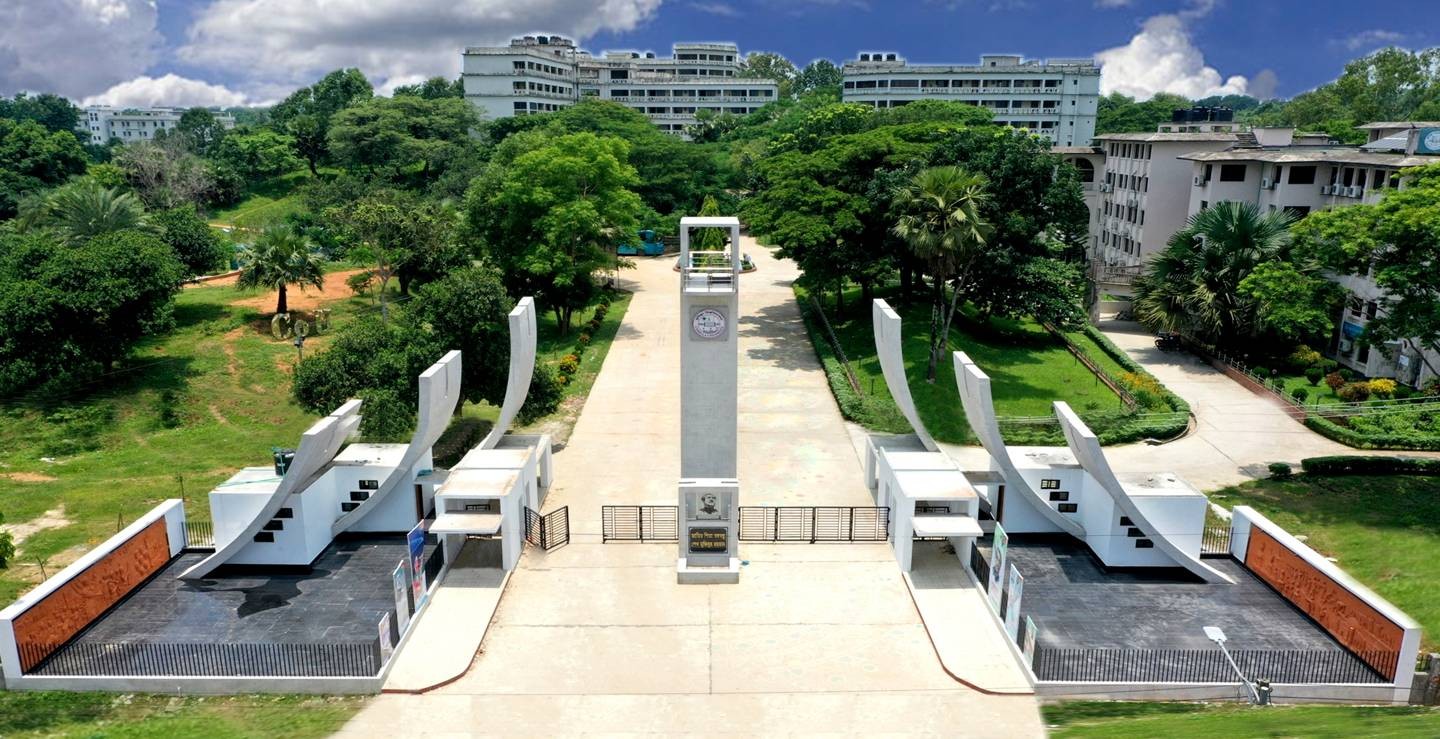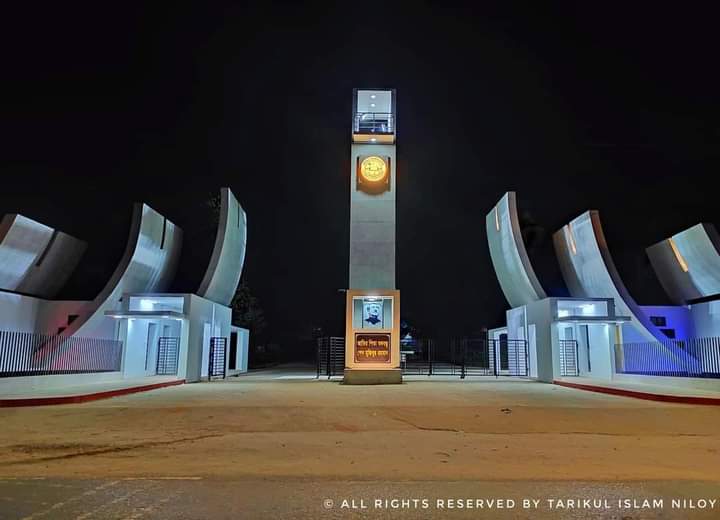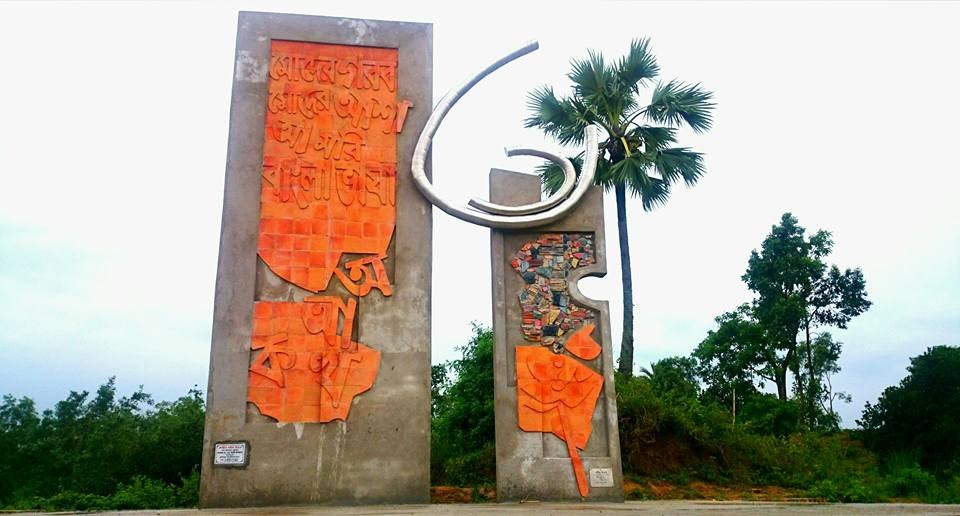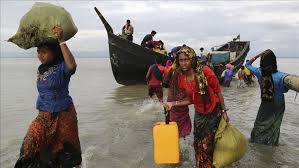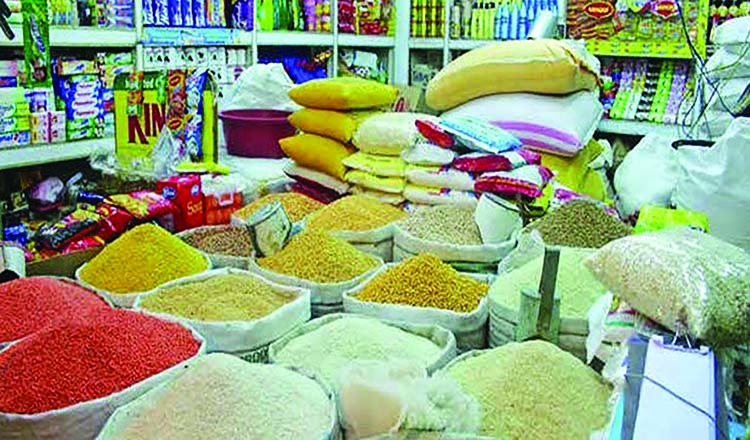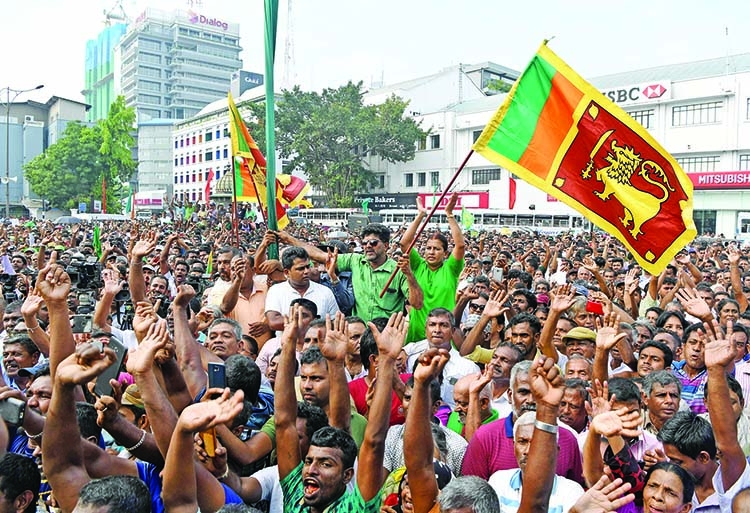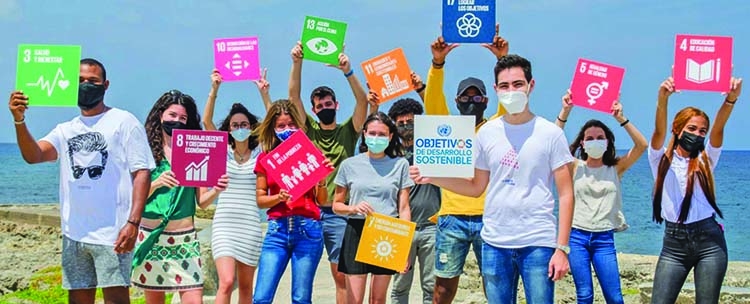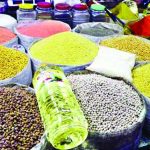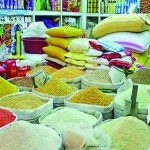Shamima Akter
“All human beings are born free and equal in dignity and rights. They are endowed with reason and conscience and should act towards one another in a spirit of brotherhood.” — Article 1 of the Universal Declaration of Human Rights.
Human rights are fundamental and universal principles, recognized across cultures, societies, and histories. These rights belong to all individuals, irrespective of nationality, ethnicity, or background. However, the Rohingya crisis highlights one of the world’s most significant and ongoing violations of these rights—a crisis that has become both a humanitarian tragedy and a substantial economic burden for Bangladesh.
The Rohingya, a Muslim minority ethnic group from Myanmar’s Rakhine State, have endured a long history of marginalization and violence. Forced from their homes by large-scale persecution, the Rohingya are widely regarded as “the world’s most persecuted minority.” Since August 2017, nearly one million Rohingya have fled to Bangladesh, seeking refuge from Myanmar’s brutal military operations that destroyed villages and left thousands dead. Cox’s Bazar in Bangladesh, where the refugees now live in makeshift camps, has become the center of this humanitarian crisis. The refugee camps, situated in Ukhiya and Teknaf, hold nearly one million Rohingya, creating immense social, economic, and environmental challenges for Bangladesh.
In fleeing from violence in Myanmar, the Rohingya have encountered a new set of challenges. Cox’s Bazar, a disaster-prone region, has seen significant environmental impacts due to the arrival of so many refugees. To make space for shelters and to supply firewood, extensive deforestation and hill-cutting have taken place, leading to the loss of nearly 5,800 hectares of forest. This environmental degradation has increased the risk of landslides and natural disasters, exposing the Rohingya to further hazards like tropical storms and floods. Daily life in the overcrowded camps is precarious. Refugees face severe shortages of shelter, food, clean water, and basic utilities, while cases of gender-based violence and human trafficking have escalated, particularly affecting women and girls. The mental health crisis among the refugees, worsened by trauma and difficult living conditions, is also a significant concern, with high levels of PTSD, anxiety, and depression reported.
Education is another critical issue in the camps, where children and adolescents have very limited access to learning opportunities. Political restrictions and lack of resources mean that most Rohingya children, particularly those aged 15–24, have no access to formal education. This not only deprives them of a childhood but also threatens the future of an entire generation, limiting their potential for personal and economic development.
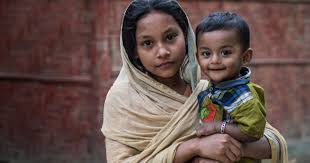
The presence of such a large refugee population has also posed a heavy economic burden on Bangladesh, affecting multiple sectors. The region’s tourism industry, a major economic driver for Cox’s Bazar, has suffered a severe downturn, resulting in job losses and reduced income for the local community. The influx of refugees has increased competition for scarce natural resources like forests and water, which many local residents depend on for agriculture and daily life. With these resources depleted, local residents have experienced a decline in income and an increase in the cost of essential goods. Inflation in food prices has affected both refugees and locals, making it harder for both groups to meet their daily needs.
Employment opportunities for the Rohingya in Bangladesh are severely limited, and refugees are largely dependent on aid. Reports indicate that over 70 percent of men and 90 percent of women in the camps are unemployed, with fewer than 20 percent able to participate in work-for-cash programs offered by NGOs. Without legal access to work, refugees rely entirely on food rations and international aid, which further strains Bangladesh’s already limited resources.
Despite these challenges, there are potential livelihood opportunities for the Rohingya in areas like agriculture, small businesses, and fish farming, but these initiatives would require substantial investment and sustained international support. Addressing the issues surrounding the Rohingya crisis will require comprehensive strategies that consider both the immediate needs of the refugees and the long-term stability of the host country.
International support is crucial to addressing this crisis effectively. Global organizations must increase financial backing for essential services, health care, and education within the camps, as well as support projects that generate employment opportunities. Such efforts are necessary not only for the survival of the refugees but also to relieve pressure on the host communities. Education and skills development programs could help young Rohingya gain valuable skills and knowledge that could ultimately benefit their communities. Educational programs, whether formal or vocational, could provide skills in trades, farming, and small business management, helping refugees to become self-sufficient and reducing dependency on aid.
Culturally sensitive mental health services are essential in the camps, particularly for women and children who are at higher risk of trauma and abuse. Programs focused on mental health and community support could help alleviate the widespread trauma caused by violence and displacement, fostering resilience and stability among the refugee population.
Environmental rehabilitation efforts are also needed to restore the damaged natural landscape in Cox’s Bazar. Environmental organizations could collaborate with NGOs to undertake reforestation projects and introduce sustainable practices within the camps. Measures to prevent further environmental damage, such as sustainable energy alternatives and better waste management, would reduce the environmental footprint of the camps and help protect the local ecosystem.
The Rohingya crisis requires collaboration between Bangladesh and Myanmar, as well as close cooperation with international agencies, to ensure a sustainable and peaceful future for the refugees. Myanmar must work to address the root causes of this crisis by recognizing the rights of the Rohingya and ensuring their safe return. Rohingya refugees should also be involved in the decision-making process, as their insights and perspectives are crucial for creating effective solutions. Policies that aim to meet Sustainable Development Goals related to peace, inclusive communities, and education would provide a roadmap for achieving a long-term resolution to this crisis.
Addressing the challenges posed by the Rohingya crisis is an immense task that cannot be shouldered by Bangladesh alone. It requires a coordinated, global effort focused on both immediate humanitarian needs and lasting political solutions. This includes legal recognition and protection of the Rohingya people, sustained international financial aid, and an effective strategy to address the underlying issues of statelessness and discrimination. Political reform in Myanmar is essential to creating the conditions for the safe and voluntary repatriation of the Rohingya, so they can live with dignity and security in their homeland.
The Rohingya crisis stands as a critical test of the world’s commitment to human rights and international solidarity. The situation in the camps is dire, and the strain on Bangladesh’s economy and environment is severe. With sustained international collaboration, including increased humanitarian aid and support for sustainable development projects, there is hope for a resolution that respects the rights and dignity of the Rohingya people.
In the face of this crisis, it is essential to remember that human rights are not a privilege but an inherent right of all people. The Rohingya, like every other human being, deserve the chance to live a life of safety, dignity, and hope. Through collective responsibility and action, the international community can help bring about a future where the Rohingya can reclaim their rights and live without fear, restoring both their hope and their humanity.
Shamima Akter is an undergraduate student of Public Administration at Comilla University and a member of the Social Research Group (SRG). The article is a work in progress.

